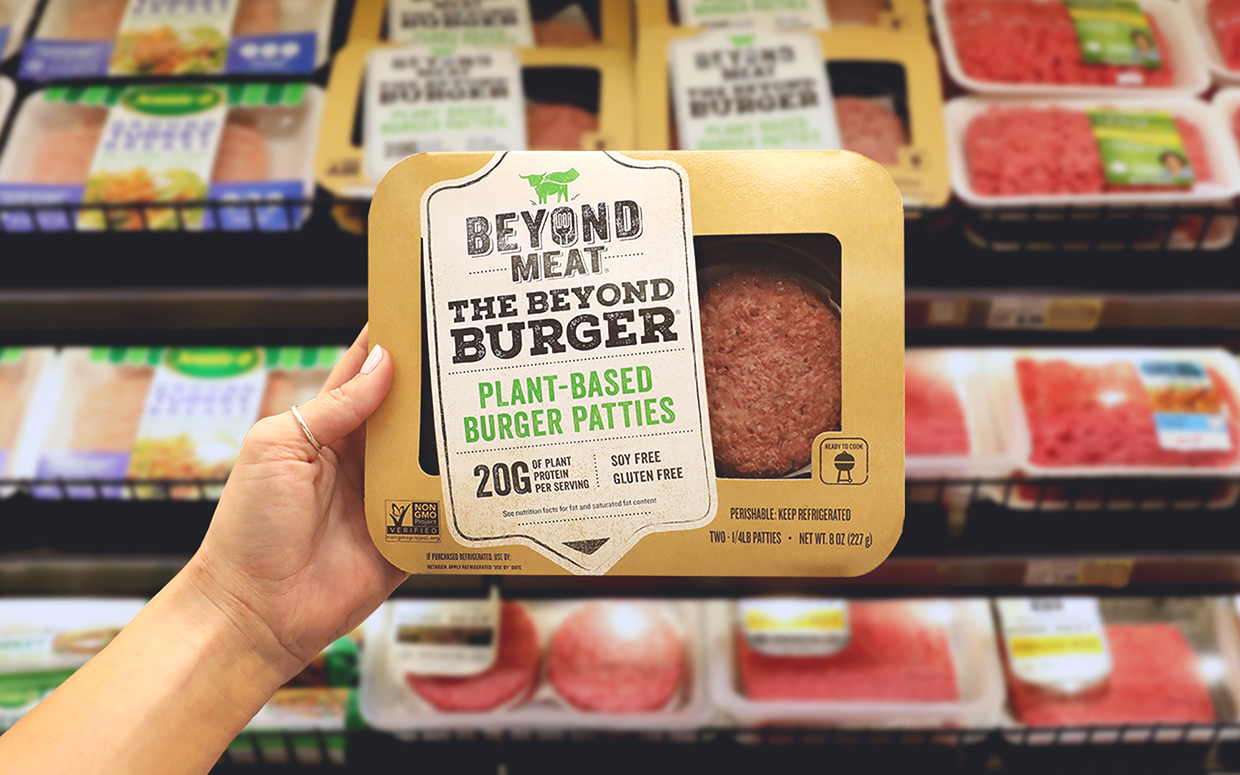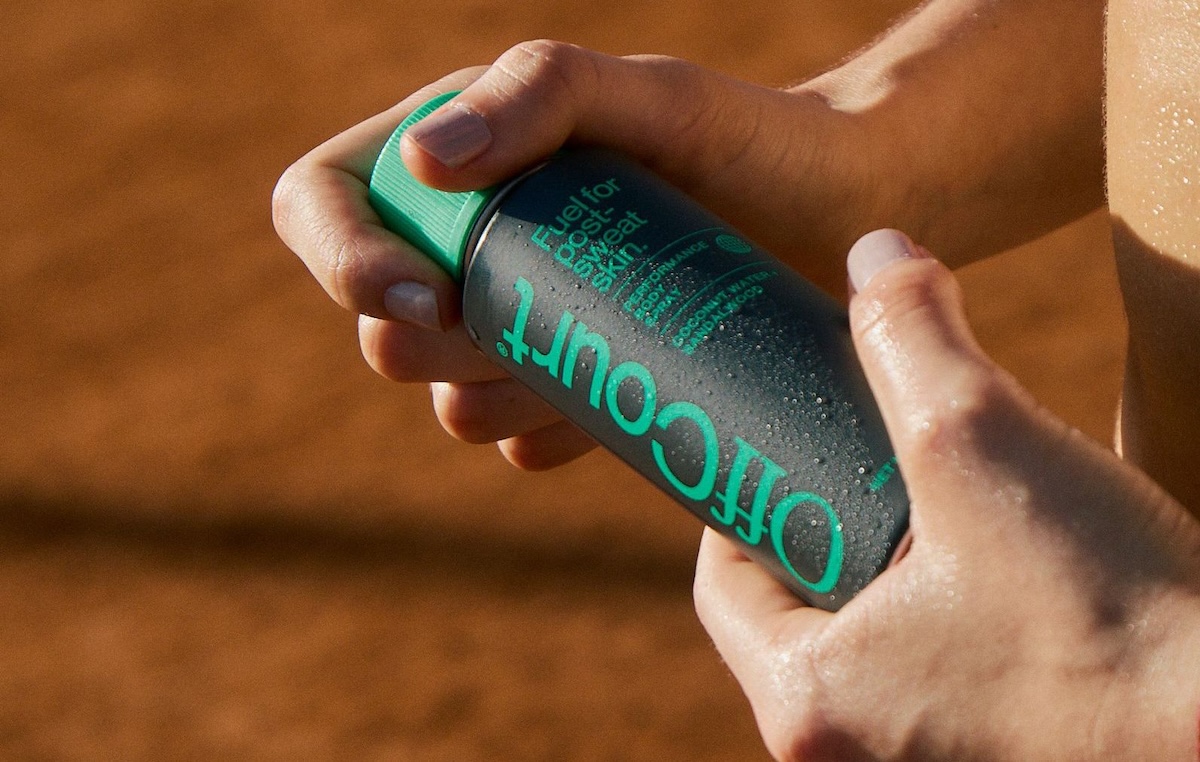In 2020, the plant-based hype machine was in overdrive. Now, sales of vegan meat alternatives have sputtered.
Beyond the Bubble
Plant-based meat sales are down across the board, and some of the biggest players in the game reported losses.
- Beyond Meat recorded a wider-than-expected Q3 loss of $54.8M, and with US sales falling 13.9% YoY, the company has adjusted its forecast.
- Canadian packaged meat giant Maple Leaf Foods will review its plant-based division after sales dropped 6.6% in Q3, down 20.7% YoY. Of note, its animal-based meat sales were up.
- US retail sales of all plant-based meat have been negative since April, declining 0.6% YoY.
So, why the stumble? Oversaturation could be one explanation. Hoping to capitalize on the boom, countless brands have launched plant-based products in the past two years, expanding past burgers by taking the battle into chicken and seafood.
No longer an exclusive or novel product, the glow of plant-based products has perhaps dimmed enough for consumers to discover a harsh truth: Many of these replacements are ultra-processed, raising more questions than answers.
But not all faux meat is bleeding. Impossible Foods just raised $500M at a $7B valuation, citing “record growth” as it prepares to IPO.
Alt-Protein
The disproportionate success of plant-based purveyors suggests that faux meat may just be experiencing a market correction. But before buying the dip, investors will need to watch a new cohort of alt-proteins.
The cell-cultured protein sector (aka lab-grown meat) is scaling up, attracting more than $3.1B in funding last year. Similarly, insects like crickets, mealworms, and grasshoppers are gaining traction as an animal-free protein alternative — with the edible insect market set to reach $4.6B by 2027.
In particular, some brands think bugs make a better burger than Beyond can. Malaysian startup Ento, Dutch company Burgs Foods, and Swedish global retailer IKEA are all entering the arena with insect-based beef analogs.
Takeaway: Consumers appear ready to part ways with real meat, but finding a foolproof replacement isn’t a sure thing. As the plant-based industry regroups, companies that achieve sustainability and minimal processing are poised to thrive.
 Beyond Meat
Beyond Meat

